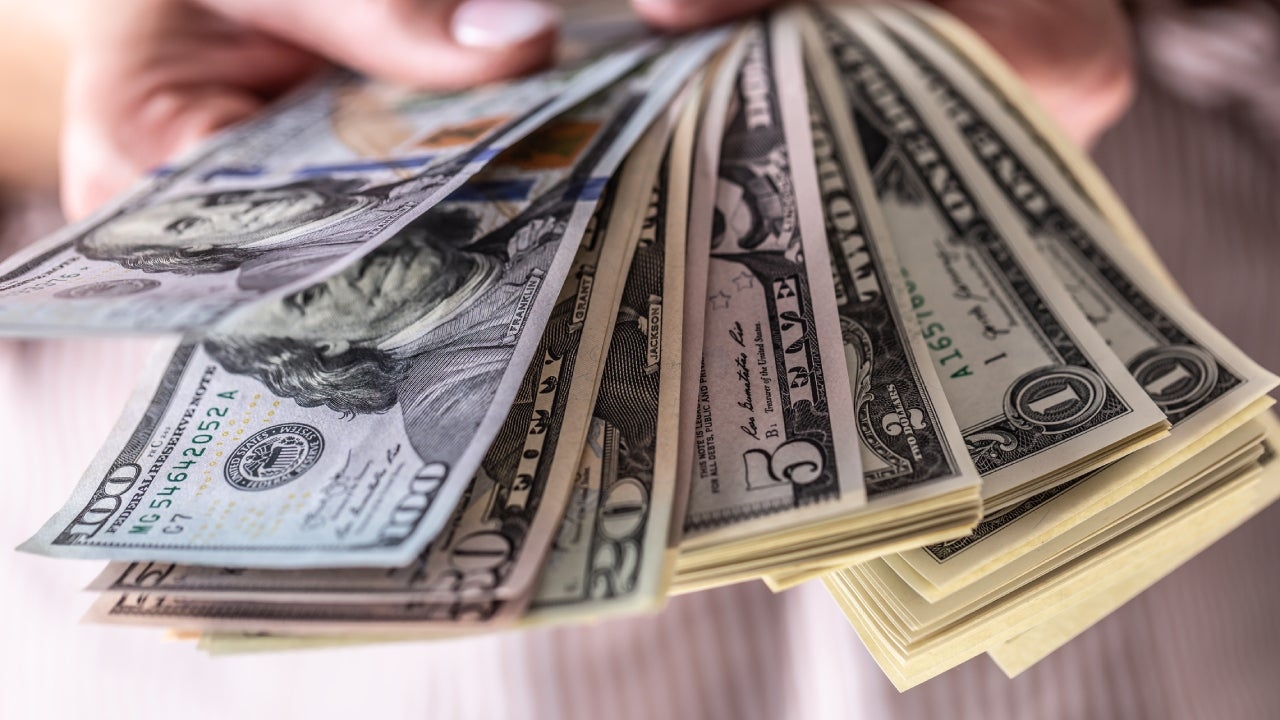Money: The Greatest Lie We All Agreed to Believe

"Ah, money. The lifeblood of empires, the root of ambition, and the illusion we’ve all agreed to revere. But peel back the gilded layers, and you’ll find it’s nothing more than ink on paper, digits on a screen—a promise that only matters because we’ve decided it does."
Now, let’s not mince words. Money is powerful, yes, but that power doesn’t come from the paper in your wallet or the coins jingling in your pocket. It comes from belief. A shared hallucination, if you will. If tomorrow, every single one of us woke up and decided that money was worthless, it would be. The stock market would crumble, banks would lock their doors, and the dollar bill would be no more valuable than the paper napkin beneath your coffee cup.
But that’s the beauty of it, isn’t it? Money is the perfect con. Its value isn’t tied to gold reserves or buried treasures—it’s tied to trust. Trust that the numbers on your screen will buy you groceries. Trust that the slip of paper you hand to a cashier will put a roof over your head. And trust, my friends, is far easier to manipulate than metal or stone.
This is where the architects of society have played their masterstroke. They’ve turned belief into a currency. They’ve convinced us all to play a game where the rules are invisible and the scoreboard is rigged. You see, money isn’t just a construct—it’s the ultimate social contract. It’s the strings that move nations, the invisible force that binds the powerful and the powerless together in a dance of debt and desire.
But let’s not pretend it’s all bad. The lie works because it works. Money greases the wheels of commerce, sparks innovation, and builds bridges—both literal and metaphorical. The problem isn’t the construct itself; it’s forgetting that it is a construct. Forgetting that we invented money to serve us, not the other way around.
Look around. Wars are fought over it. Lives are ruined for lack of it. And yet, it’s no more real than the fairy tales we tell children at bedtime. You can’t eat money. You can’t drink it. You can’t breathe it. Its value begins and ends in our collective imagination.
And here’s the twist: those at the top know this better than anyone. They know that money isn’t a resource—it’s a lever. A tool to shape society, to dictate who wins and who loses. They know that as long as we believe in the lie, they can keep pulling the strings.
So, what’s the answer? Do we tear it all down, set fire to the system, and start anew? Perhaps. Or perhaps we simply remind ourselves of the truth: money is a story we tell ourselves. And like any story, it can be rewritten.
Because the real power, the real value, has never been in the dollar bill. It’s in us—in our labor, our ingenuity, our willingness to work together toward something greater. Money doesn’t create value; people do. The sooner we remember that, the sooner we can stop playing by rules designed to keep us in check.
"You see, the greatest trick money ever pulled was convincing the world it was indispensable. But like any trick, it only works as long as we believe in it. And belief, my friends, is a fragile thing."
The question is, how long will we let the illusion hold?
- Audio & Video
- Art & Crafts
- Causes
- Dance
- Drinks
- Fitness
- Food & Drink
- Games & Gaming
- Gardening
- Health
- Home Improvement
- LGBTQ
- Literature
- Music
- Networking
- News
- Partisan Politics
- Religion & Spiritual
- Shopping
- Sports & Recreation
- previzualizare
- Theater
- Wellness


